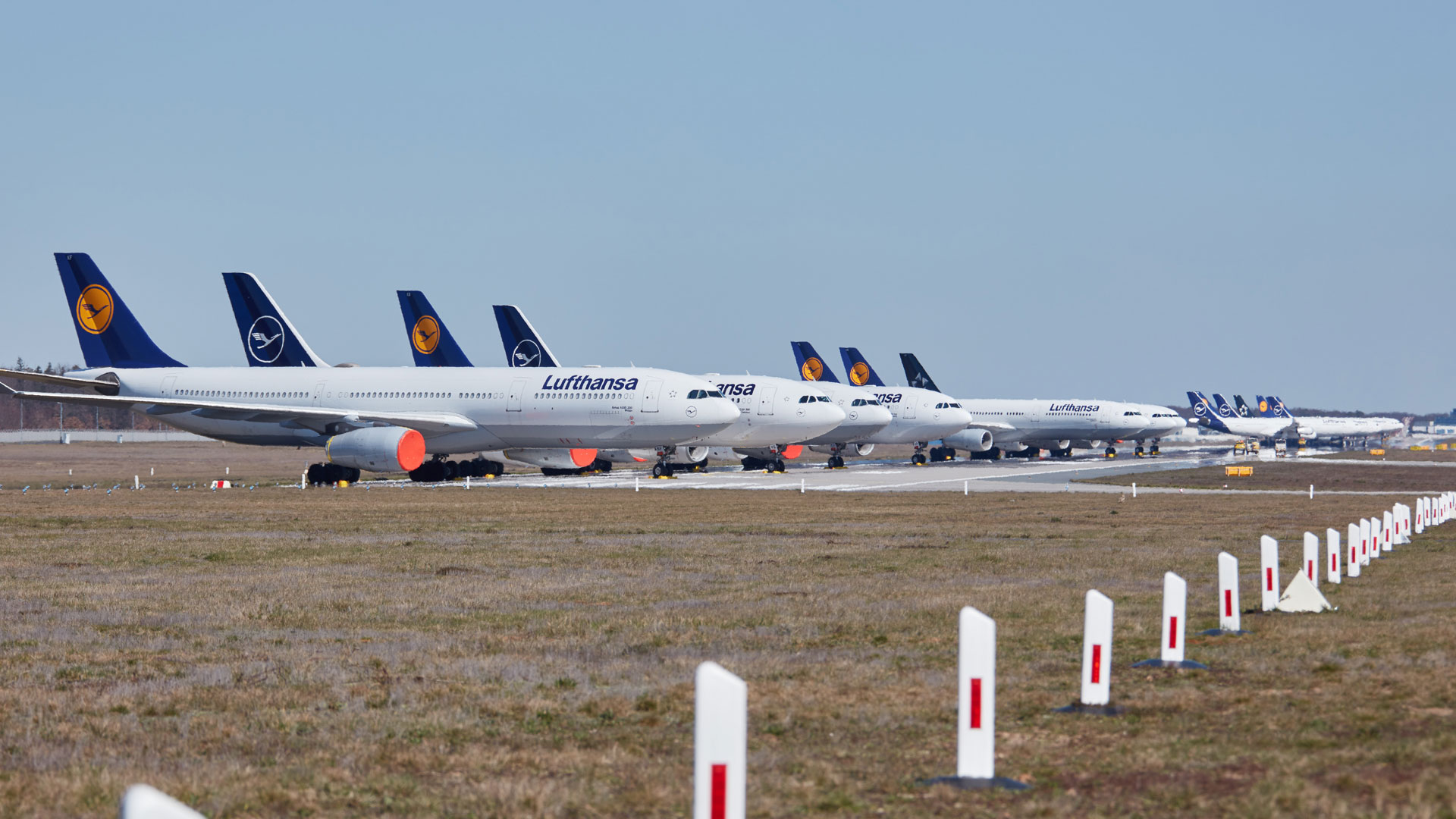The Lufthansa Group has appointed BofA Securities (Bank of America), Deutsche Bank, Goldman Sachs and JPMorgan to help calibrate a possible capital increase. The airline states that the net proceeds would contribute to the repayment of stabilisation measures of the German Economic Stabilisation Fund (ESF) and to the restoration of a sustainable and efficient long-term capital structure.
Lufthansa also revealed that the ESF was considering, taking into account market conditions, participating in a possible capital increase without the use of additional funds (Opération Blanche / Tail Swallow). If implemented, the ESF might place shares with investors and sell subscription rights on the open market during the rights trading period.
The Lufthansa Executive Board and Supervisory Board have not yet taken a decision on the size and timing of a possible capital increase, and approval for this motion by the ESF is pending.
Lufthansa notified the market of the potential capital increase alongside an upbeat market report that showed that booking across the Group’s airlines had increased – doubling in May and June, compared to March and April 2021. Demand is particularly strong for European leisure destinations around the Mediterranean Sea, as well as leisure long-haul markets where there are only limited or no travel restrictions.
Supported by the acceleration of bookings, the Group stated that it expects operating cash flow to be positive in the second quarter of 2021. The number of passengers is projected to reach around 30% of pre-crisis levels in June, to reach approximately 45% in July and around 55% in August. This positive trend supports the Group’s forecast to operate approx. 40% of 2019 capacity levels in 2021.
Lufthansa’s restructuring program targets achieving gross savings of approximately €3.5bn by 2024 (compared to 2019), of which around half are expected to be implemented by the end of 2021. The company states that costs are expected to decline across the Group’s airlines (notably low- to mid-single-digit reduction of CASK (excl. fuel) by 2024 compared to 2019 levels), aviation services and in Group overheads, mainly due to lower personnel costs, operational simplification and overhead reduction and fleet modernisation and standardisation.

